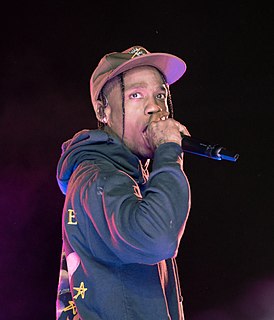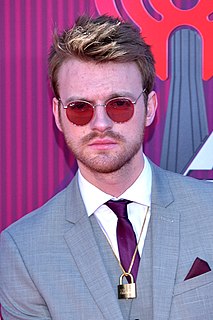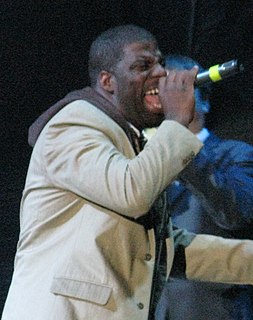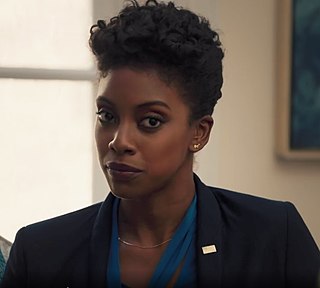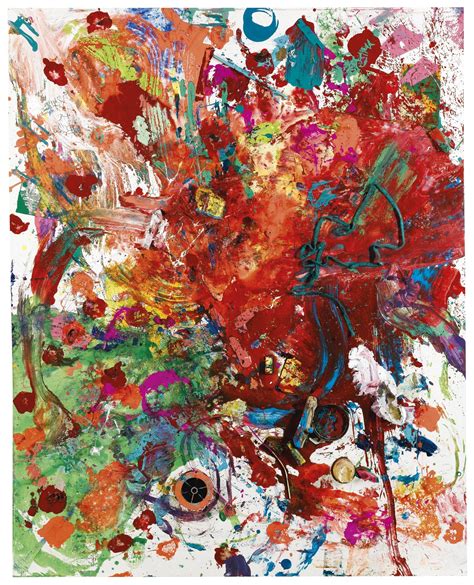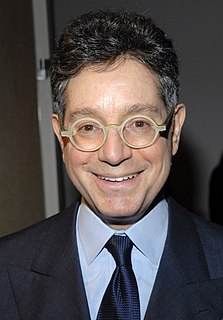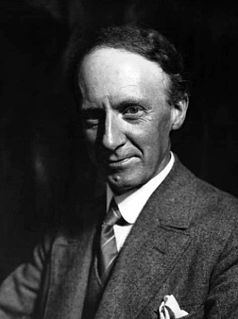A Quote by Athol Fugard
My life had been defined by the apartheid years. Now we were going into an era of democracy... and I believed that I didn't have really a function as an artist, as a useful artist, in that anymore.
Related Quotes
Patti [ Scialfa] was an artist and a musician and she was a songwriter. And she was a lot like me in that she was transient also. She worked busking on the streets in New York. She waitressed. She had - she just lived a life - she lived a musician's life. She lived an artist's life. So we were both people who were very uncomfortable in a domestic setting, getting together and trying to build one and seeing if our particularly strange jigsaw puzzle pieces were going to fit together in a way that was going to create something different for the two of us. And it did.
I definitely believe that the power of the artist is in the artist's hands now. We're kind of in the wild, wild west of music where labels don't exist anymore. And you go as far as you take yourself. And that's that American self-determination that is one of the reasons this country is so great and can survive on autopilot right now.
Jack believed in something—he believed in white witches and sleighs pulled by wolves, and in the world the trees obscured. He believed that there were better things in the woods. He believed in palaces of ice and hearts to match. Hazel had, too. Hazel had believed in woodsmen and magic shoes and swanskins and the easy magic of a compass. She had believed that because someone needing saving they were savable. She had believed in these things, but not anymore. And this is why she had to rescue Jack, even though he might not hear what she had to tell him.


